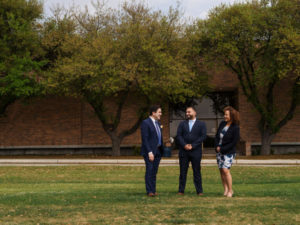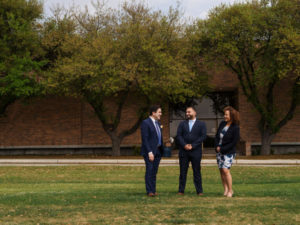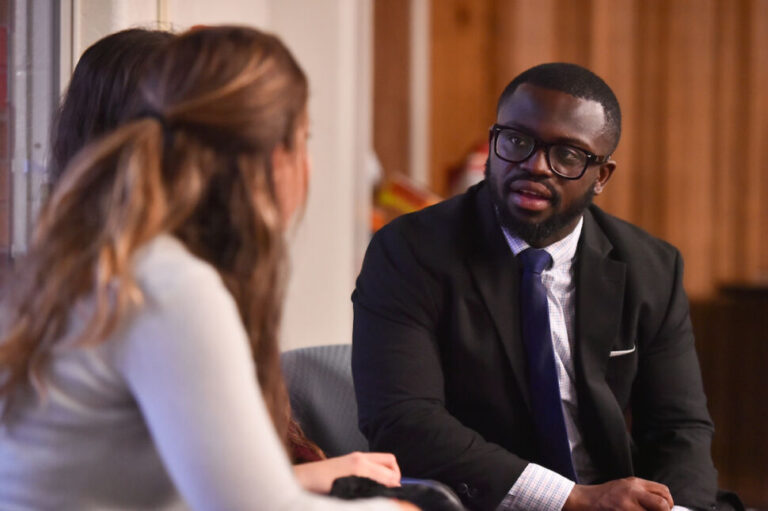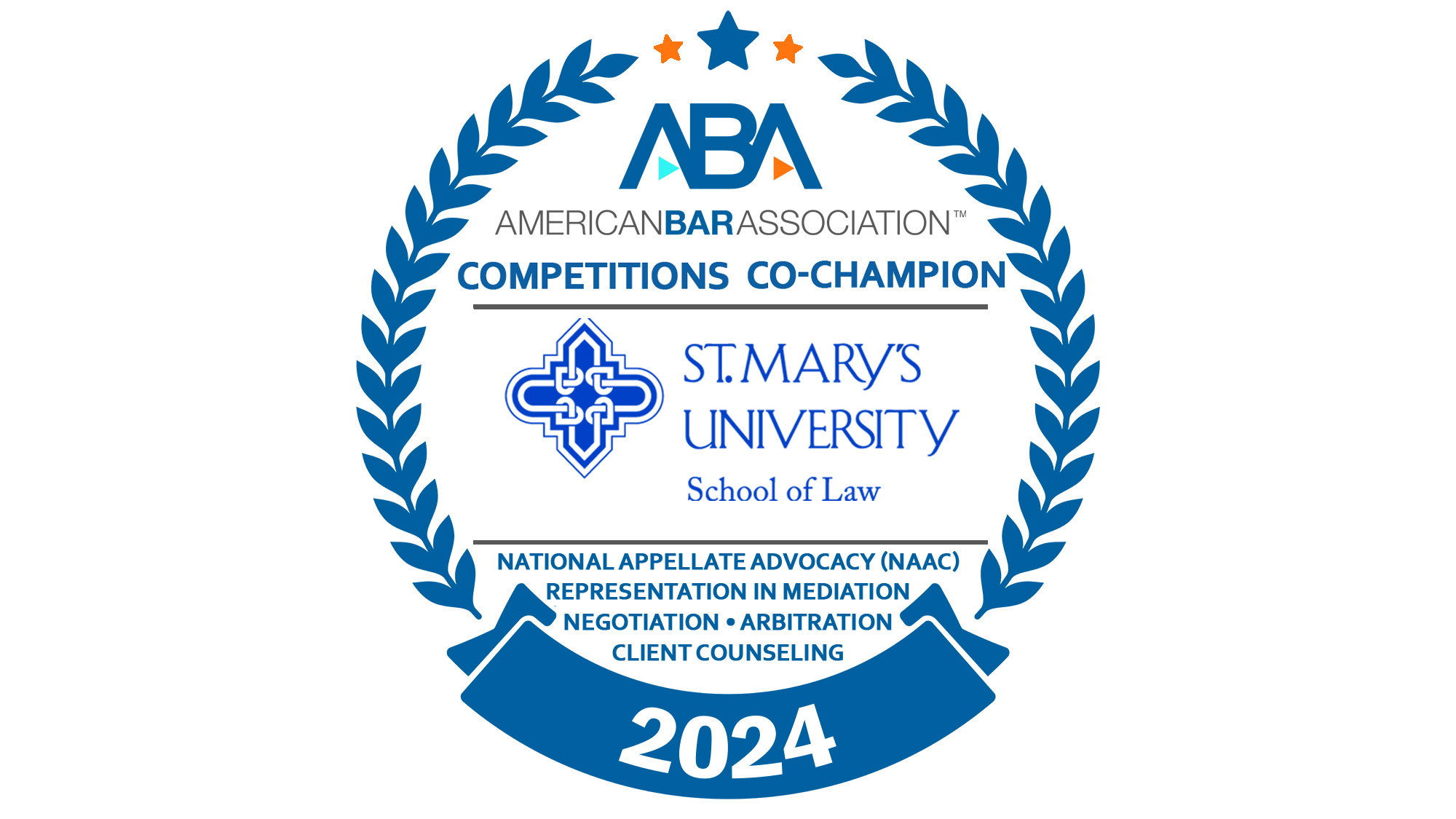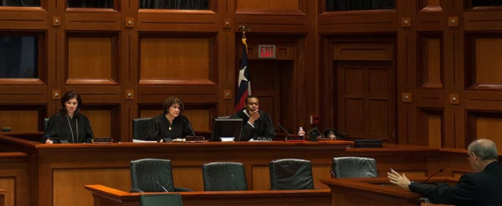Warrior Defense Project
Military Justice Mission
Mission Statement: To offer real-time legal aid to service members wrongfully accused of misconduct in the performance of their official duties, free of charge. Fighting for those who fight for us.
The Warrior Defense Project is an educational and working institution, which operates hand-in-hand with government, business and academia on a variety of legal matters associated with providing legal services to deserving service members. It is our intent that over time, as a sufficient body of knowledge is developed, that the legal lessons learned – while assisting service members in need – may become the basis for fixed templates to more efficiently manage the applicable legal issues of the future.
The Warrior Defense Project renders real-time support to individual service members on a case-by-case basis. Assistance ranges from help at court martial proceedings, help at administrative proceedings, help with correcting official military records and help at non-judicial proceedings. No charge is required for any assistance provided.
Founded in 2019, the Warrior Defense Project is a fully operational research center dedicated to the study of legal and policy issues associated with the military. Particular emphasis is given to assisting service members in need of legal services. As a research facility, this goal is pursued through teaching; professional exchanges such as symposia and consultations; writing, commenting on and publishing written materials; conducting training; and ensuring access to extensive information resources.
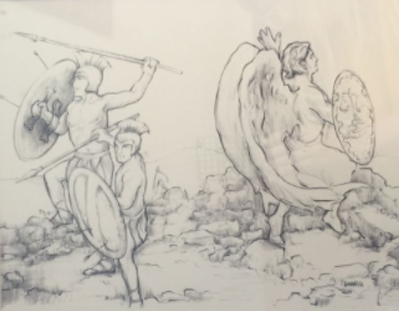
STAFF
The staff consists of administrative personnel, research fellows (second- and third-year law students) and expert consultants (subject matter experts in a variety of areas).

Director: Dr. Jeffrey Addicott, Professor of Law and Director of the Warrior Defense Project, spent 20 years on active duty as an officer in the Army
Judge Advocate General’s Corps., a quarter of that time as the senior legal advisor to the U.S. Army Special Forces. An internationally recognized expert in national security law, Addicott lectures and participates in professional and academic organizations in the United States and abroad and is a frequent contributor to national and international news outlets to include New York Times, FOX NEWS, CNN, etc.
Research Fellows (starting from top, left to right):
Cody Beitel
Dillon Barth
Nathaniel Hawkins
Taylor Newman
Edmond Karam
Oluwadamiloju Aroyewun
Jessica Johnson
Amber Vargas
Catherine Salinas
Laurel O’Donnell
Nicole Meche
Heroic Past
Capt. Dave Staffel
The Warrior Defense Project continues the Military Justice Pro Bono Mission started in 2007 after Professor of Law Jeffrey F. Addicott, S.J.D., took the case of Master Sgt. Troy Anderson and Capt. Dave Staffel. The center was successful in exonerating Anderson and Staffel from a premeditated murder charge of an Afghan man.
In 2011, the Center for Terrorism Law came to the defense of Lt. Joshua Waddell in its first case dealing with the Rules of Engagement. Waddell was exonerated for all perceived wrongdoing in the shooting of an enemy combatant. Though the Marine chain of command was not willing to discuss Waddell’s case, Addicott drew media and congressional attention to the abuse of Rules of Engagement practices.
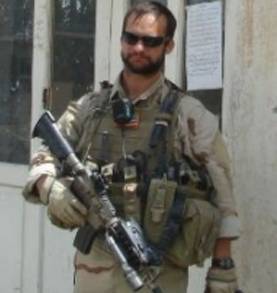
Master Sgt. Troy Anderson
The center also succeeded in rescinding Maj. John Suprynowicz’s General Officer Letter of Reprimand in 2016. Suprynowicz, an infantry combat veteran in three wars, had been accused of misconduct in a recruiting program sponsored by the Army.
Not only was the center instrumental in getting all the criminal charges quashed, it also provided three detailed rebuttal memorandums to the Commanding General to assist him in his final decision on the General Officer Letter of Reprimand action.
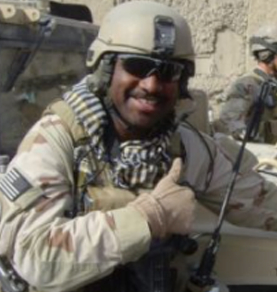
Staff Sgt. Ricardo Branch
The center was able to get Staff Sgt. Ricardo Branch re-enlisted in the Army in 2017. He was investigated by the Federal Bureau of Investigation and the United States Army Criminal Investigation Command for allegations that he had released information concerning the special operations raid that killed Osama bin Laden in 2011 and for talking about classified information in a local Fox TV interview in 2016.
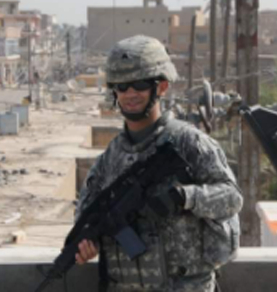
Conferences and Training
Previously, the center conducted seminars, conferences, and training workshops with business entities, law enforcement agencies (at all levels to include the FBI), Department of Defense, foreign nations and other educational institutions. These events included challenges associated with human rights, cyber terrorism and infrastructure assurance, disaster relief, border issues, bioterrorism, information assurance, personnel recovery and training, and force protection issues. The events have been held in the United States and abroad including in Germany, India, China, England, Mexico, France, Egypt and Israel.
The Warrior Defense Project will continue to participate in conferences and training events.
Media and Public Presentations
The Warrior Defense Project provides legal insight and subject matter expertise regarding the impact of military justice and civil liberties. Addicott has made thousands of media appearances in national and international news outlets. For updates, follow the Warrior Defense Project on Facebook.
Education
Operating through the Warrior Defense Project, the St. Mary’s University School of Law offers individuals experience through pro bono opportunities assisting service members in need of various legal services. It is imperative that the nation have competent and trained attorneys who can successfully operate in both the private and public sectors.
Affiliations
The Warrior Defense Project is affiliated with a variety of institutions – educational, government, military, business and media – to address issues that have impact across multiple disciplines related to concerns facing our armed forces.
Scholarship and Sharing Information
The Warrior Defense Project will continue the center’s traditions of scholarly research. In the past, the Center for Terrorism Law has produced an extensive amount of scholarship on legal issues related to terrorism – law review articles, books and monographs. Further, the center rendered legal briefs in court cases to include the United States Supreme Court.
The most recent text book published is (2014): Terrorism Law: Materials, Cases, Comments (7th Edition). This book includes an extensive examination of the legal issues contained in court cases associated with terrorism issues and addresses specific concerns to include targeted killing, interrogation, civil liberties and cyber terrorism. The most recent book published is: Radical Islam: Why? (2016).
Studies and Research
The Warrior Defense Project conducts a variety of research in associated areas to include civil liberty concerns, Congressional powers, Executive powers, cooperative law enforcement, military support to law enforcement, Department of Defense responsibilities, various criminal statutes, domestic surveillance, information security, infrastructure assurance, habeas corpus matters, cyber-offenses, investigations of terrorism, public access to government proceedings, etc.
In conjunction with a staff of subject matter experts, the Warrior Defense Project is able to engage in top to bottom research study and analysis to determine the full legal ramifications of assorted issues associated with legal services for service members.
Help to Service Members
The Center for Terrorism Law renders real-time support to individual service members on a case-by-case basis. Assistance ranges from help at court martial proceedings, help at administrative proceedings, help with correcting official military records, and help at non-judicial proceedings. No charge is required for any assistance provided.

